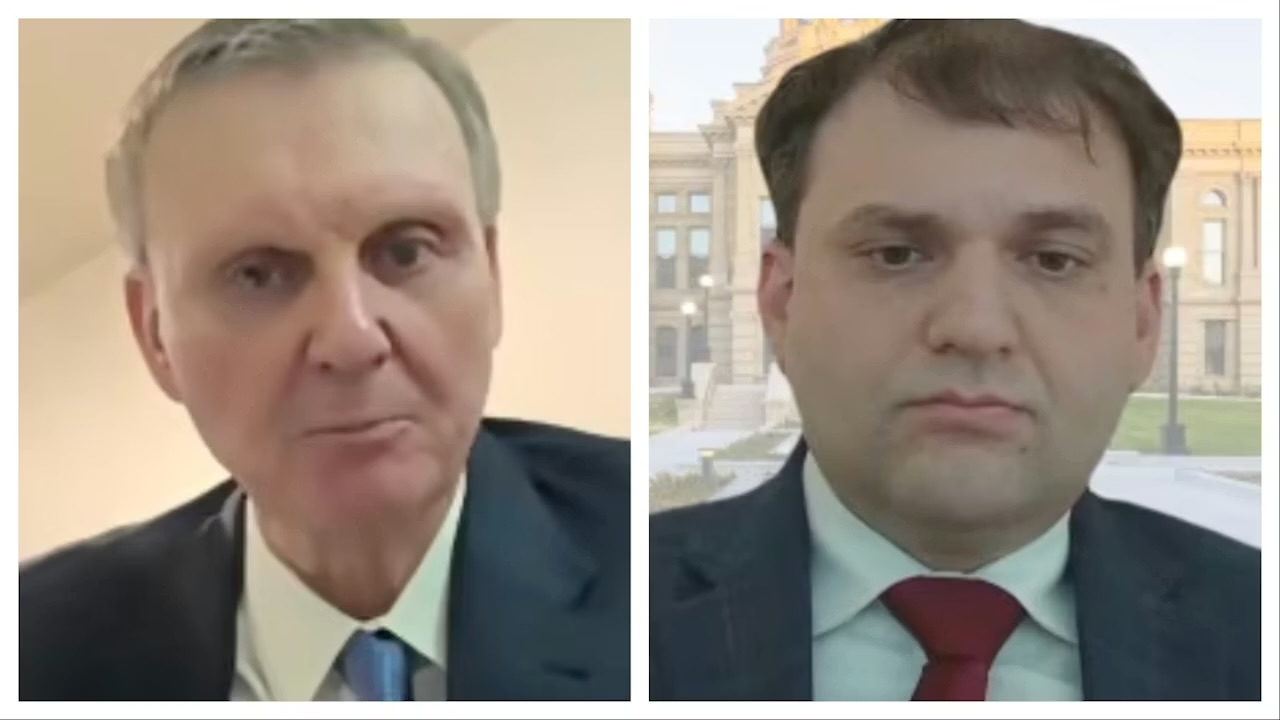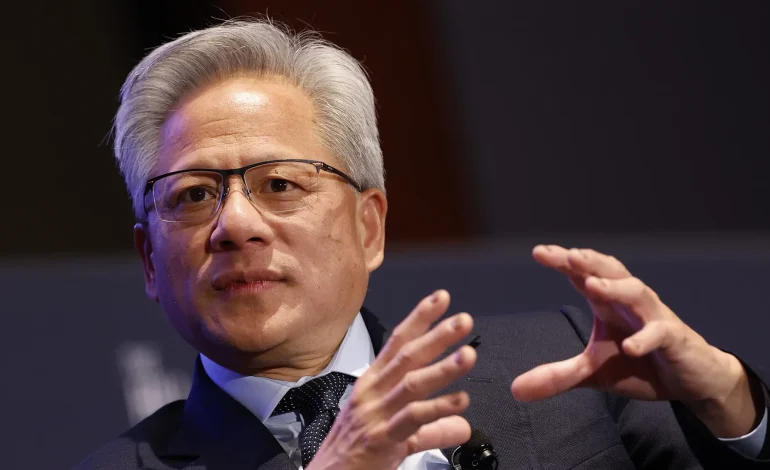Nvidia CEO Jensen Huang has publicly criticized US export restrictions on advanced semiconductors, calling them a “failure” during a recent technology forum in Taipei.
His remarks underscore growing concern among industry leaders and experts that American efforts to curb China’s access to cutting-edge chip technology may be backfiring.
The US has imposed increasingly stringent limits on the sale of advanced chips—especially those used in artificial intelligence—to China since 2019. The policy aims to protect national security, restrict China’s military development, and maintain US leadership in AI. However, Huang and others argue that the curbs have led to unintended consequences that may ultimately weaken American industry and accelerate China’s technological progress.
“China has a vibrant technology ecosystem,” Huang said. “If they don’t have enough Nvidia [chips], they will use their own.”
According to the Nvidia chief, the company’s market share in China has dropped from 95% to 50% over the last four years, a decline he attributes to the evolving export rules.
Analysts suggest that rather than slowing China down, the restrictions have driven rapid innovation and investment within the country.
“The controls have incentivized China to become self-sufficient across these supply chains in a way they never would have contemplated before,” said Paul Triolo, Senior VP at the DGA Group.
Chinese companies like Huawei, previously hampered by US sanctions, have gained traction as viable competitors in AI chip development.
Ray Wang, an independent analyst specializing in US-China tech competition, noted that the US policies have had a paradoxical effect: while aiming to limit Chinese access, they have also spurred domestic innovation, talent recruitment, and startup growth in China’s semiconductor and AI sectors.
“That’s partly why we are seeing a closing of the gap between Chinese and US AI capabilities,” Wang said.
The chip controls have also come at a significant cost for US companies. Nvidia recently disclosed a $5.5 billion write-down related to inventory restricted from sale due to new US licensing requirements. Experts warn that such financial hits could hinder the company’s ability to invest in future innovations.
Critics argue that without clearly defined end goals, the policy has become a “moving target.” Triolo added that the evolving nature of the restrictions, without a consistent strategic framework, has caused confusion and collateral damage in the industry.
Some policymakers and think tanks have echoed these concerns. The Information Technology & Innovation Foundation, a US-based group that receives funding from technology firms, stated that the Biden administration’s chip policy has “largely been a failure since day one.”
While the US government maintains that restricting chip sales to the Chinese military is essential for national security, Huang emphasized that a broad cutoff from the Chinese commercial market could ultimately be more damaging.
“The local companies are very, very talented and very determined,” he said. “Export control gave them the spirit, the energy, and the government support to accelerate their development.”
Despite the criticism, the White House has indicated that it has no plans to roll back the restrictions. AI adviser Sriram Krishnan recently told Bloomberg that the administration understands the concerns raised by Nvidia and others, but remains committed to its current policy framework.










The latest news in your social feeds
Subscribe to our social media platforms to stay tuned